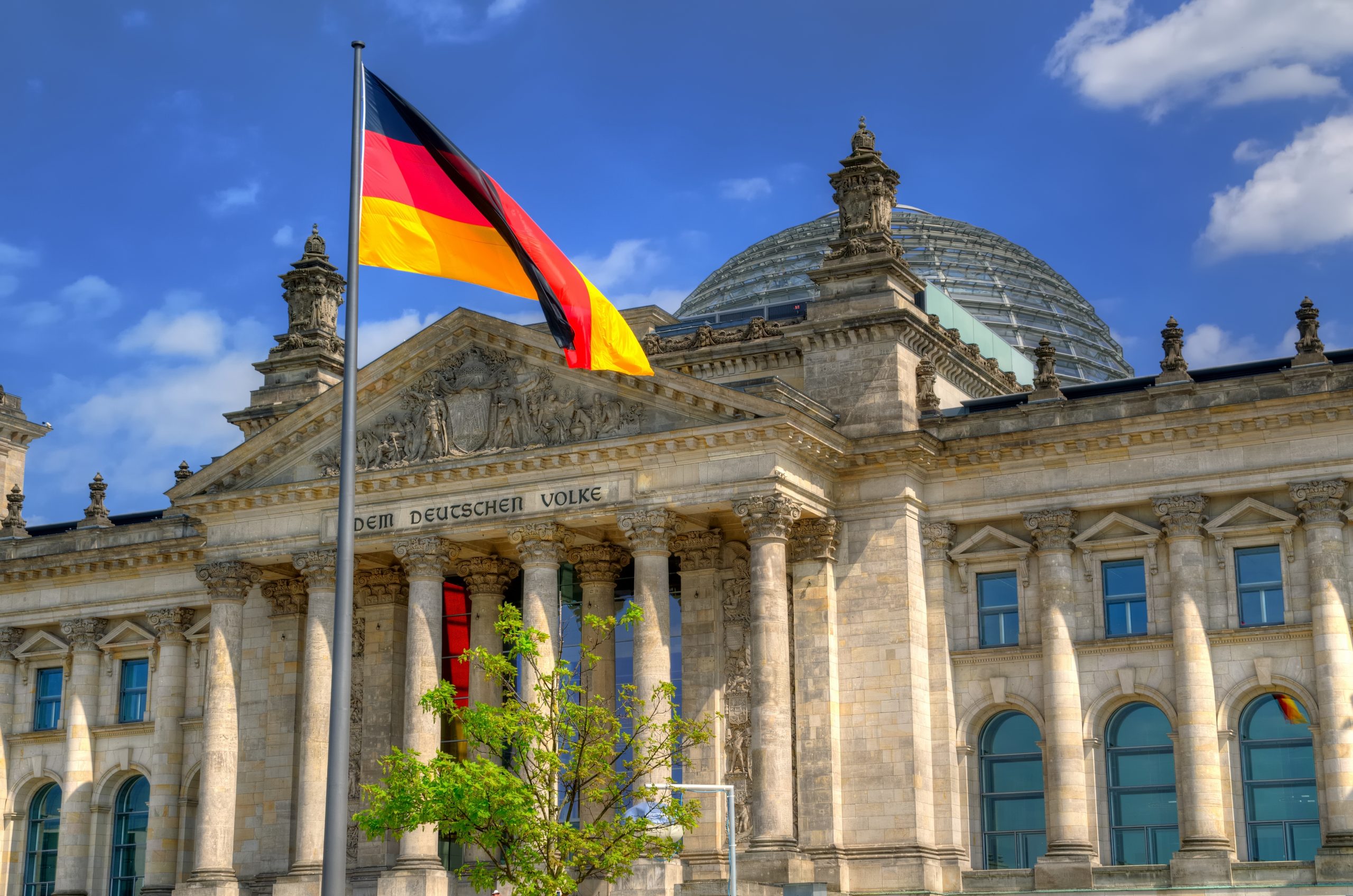Germany remains a top destination for skilled workers from around the world, thanks to its strong economy, high quality of life, and numerous employment opportunities. If you’re already working in Germany on a temporary residence or work permit, you may be wondering how to extend your stay and continue your career journey. In this guide, we walk you through the step-by-step process to extend your work permit in Germany in 2025.
1. Know When to Start the Renewal Process
You should begin the extension process at least 8–12 weeks before your current permit expires. Delays in documentation, appointments, or changes in residence can affect the timeline. Acting early ensures you remain legally employed and avoid gaps in your residence status.
2. Understand the Type of Permit You Hold
Work permits in Germany are usually tied to your residence permit. The most common types include:
- General Employment Visa (for skilled workers)
- EU Blue Card (for high-earning professionals)
- Job Seeker Visa (leads to a work permit upon employment)
- ICT Card (for intra-company transfers)
Knowing the type of permit you have helps you identify the right extension procedure.
3. Check Eligibility for Extension
To be eligible for a work permit extension in 2025, you must typically meet the following conditions:
- You are still employed in the same position or have a valid job offer.
- Your employment contract remains valid beyond your current permit’s expiry.
- You have sufficient health insurance coverage.
- You have not violated German immigration or labor laws.
Some categories, like the EU Blue Card, may require proof of continued high income or adjusted minimum salary thresholds (which are updated annually).
4. Gather Required Documents
Typical documents needed for an extension application include:
- A valid passport
- Your current residence/work permit
- A recent biometric photo
- Employment contract or extension letter
- Latest salary slips and tax statements
- Proof of health insurance
- Completed extension application form (usually “Antrag auf Verlängerung der Aufenthaltserlaubnis”)
- Proof of accommodation (Meldebescheinigung)
For EU Blue Card holders, additional documents such as academic qualifications and updated salary details may be required.
5. Schedule an Appointment at the Ausländerbehörde (Foreigners’ Office)
Book an appointment online or in person at the local Foreigners’ Office (Ausländerbehörde) in your city. Appointment slots can fill quickly, so it’s best to check availability regularly.
If your permit expires before your appointment date, you may be issued a Fiktionsbescheinigung (temporary residence certificate), allowing you to continue living and working in Germany while your application is being processed.
6. Attend the Appointment and Submit Your Application
During the appointment, bring all original documents along with copies. Your fingerprints may be taken, and your application will be reviewed.
Pay the required extension fee, which typically ranges from €80 to €110, depending on the permit type.
7. Wait for Approval and Receive Your Extended Permit
Processing times vary by region but typically range from 4 to 8 weeks. Once approved, you’ll receive your new residence card (eAT card) valid for the duration of your employment contract or for up to four years in the case of EU Blue Card holders.
Special Tips for 2025 Applicants
- Digitalization of Services: In 2025, many Foreigners’ Offices now allow partial online submission of documents. Check if your city offers an eGovernment portal.
- Language Requirements: While not always mandatory, basic German language proficiency (A1 or A2) may improve your approval chances, especially for permanent residency later.
- Switching Employers: If you change employers, you must notify the Ausländerbehörde. Some permits may require re-approval.
Extending vs. Applying for Permanent Residency
If you’ve lived and worked in Germany for at least 33 months (or 21 months with B1-level German skills) under an EU Blue Card, you may be eligible for a Permanent Residence Permit (Niederlassungserlaubnis). Consider this as a long-term solution instead of multiple extensions.
Conclusion: Plan Ahead and Stay Compliant
Extending your work permit in Germany in 2025 is a manageable process—provided you stay ahead of deadlines, keep your documents in order, and understand your permit category. By taking the right steps at the right time, you can continue building your professional future in one of Europe’s most dynamic economies.



Leave a Reply